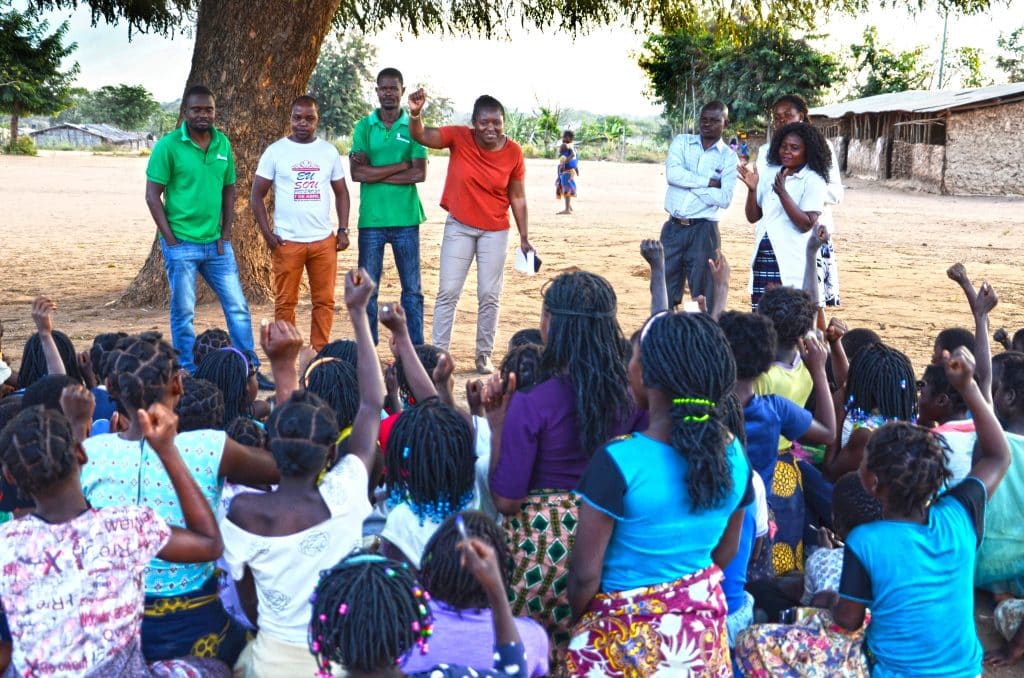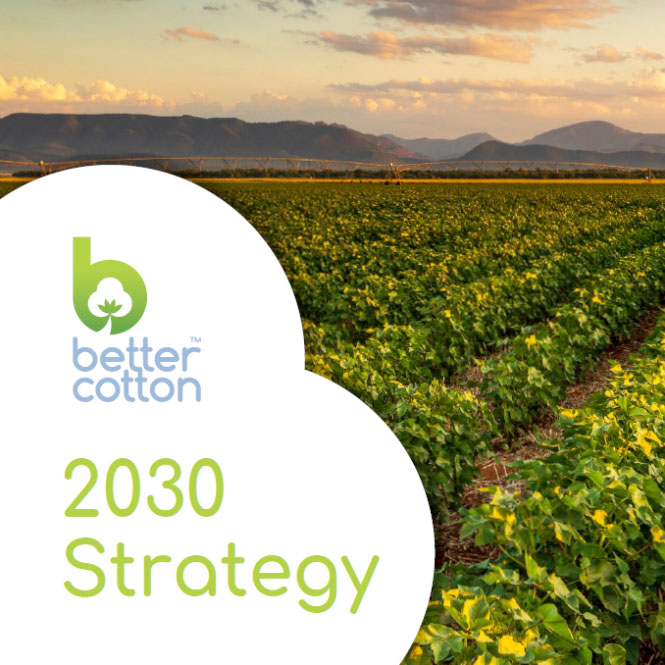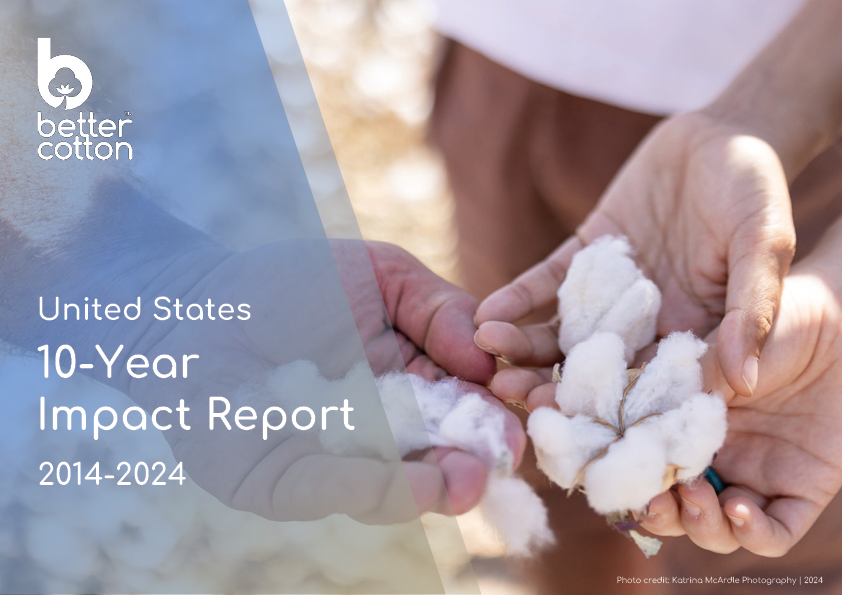- Who we are
- What we do
In just over 10 years we have become the world’s largest cotton sustainability programme. Our mission: to help cotton communities survive and thrive, while protecting and restoring the environment.
- Where we grow
Better Cotton is grown in 22 countries around the world and accounts for 22% of global cotton production. In the 2022-23 cotton season, 2.13 million licensed Better Cotton Farmers grew 5.47 million tonnes of Better Cotton.
- Our impact
- Membership
Today Better Cotton has more than 2,700 members, reflecting the breadth and diversity of the industry. Members of a global community that understands the mutual benefits of sustainable cotton farming. The moment you join, you become part of this too.
- Associate Membership
- Civil Society Membership
- Producer Organisation Membership
- Retailer and Brand Membership
- Supplier and Manufacturer Membership
- Find Members
- Member Monitoring
- Better Cotton Platform
- myBetterCotton
- Resources – Better Cotton Conference 2022
- Complaints
- Whistleblowing
- Safeguarding
- Get Involved in the Better Cotton Programme
- Thank you for contacting us
- Better Cotton’s Data Privacy Policy
- Log in
- Members’ Area
- Request for Proposals
- Better Cotton Cookie Policy
- Web Reference
- Measuring Cotton Consumption
- How to Implement the Chain of Custody Standard
- Resources – Better Cotton Conference 2023
- Certification Bodies Old
- Latest
- Sourcing
- Latest
The founding premise of Better Cotton is that a healthy sustainable future for cotton and the people that farm it is in the interests of everyone connected with it.
Let us help you find what you’re looking for
Results for {phrase} ({results_count} of {results_count_total})Displaying {results_count} results of {results_count_total}


By Amanda Noakes, Senior Global Decent Work and Human Rights Coordinator at Better Cotton
Underpinning everything we do at Better Cotton is the recognition that Better Cotton is only ‘better’ if it improves the wellbeing of farmers and their communities. That’s why ‘Decent Work’ – productive work that offers social protection, equal opportunities, freedom, security and human dignity – is a central focus of our programme, and the most substantially strengthened principle in our newly revised farm-level standard.
‘Assess and Address’ Criteria in Better Cotton’s New Decent Work Principle
Highlighting the importance of this area for Better Cotton and its growing recognition in the wider legislative landscape, our updated criteria on Decent Work reflects our ambitious new goals to drive even more positive change for farming households, workers and communities. Within the framework of our new Decent Work principle, we are transitioning away from a traditional zero-tolerance model – adopted by many certifications worldwide – and towards an ‘assess and address’ approach, which treats producers and farming communities as partners in improving practices and protection systems.
The ‘assess and address’ framework developed and rolled out by Rainforest Alliance, in particular, has served as a key reference for Better Cotton. At its core, ‘assess and address’ moves away from cut-and-run, punitive measures for certificate-holders who are not in compliance with criteria, which has historically eroded trust among stakeholders and driven key issues like child labour underground.

Instead, it aims to work together with producers and communities to tackle the root causes of human and labour rights challenges, holistically and collaboratively. It also puts a greater emphasis on supporting and investing in field-level systems and stakeholder collaboration to prevent, mitigate, identify and address issues, so that responsibility and accountability are locally owned and shared. In a nutshell, the approach aims to support better identification and mitigation of risks, as well as improved case management capabilities. It will also bring greater farm-level emphasis on prevention and protection, driven by genuine commitment, communication and continuous monitoring.
Better Cotton’s revised Principles and Criteria (P&C), coming into effect in 2024, have the most comprehensive and nuanced set of labour indicators yet. One of the primary new indicators that has embodied the ‘assess and address’ approach is a requirement on participatory development and roll-out of effective labour monitoring and grievance handling systems at producer level. This will include the establishment of clear referral and remediation procedures in case of identification of rights violations.
In addition to this, greater emphasis on building rights awareness of farm workers, but also producers (smallholders in particular), in our revised Standard is also a key step forward.
The Potential Challenges and Limitations of ‘Assess and Address’
At Better Cotton, we recognise that the ‘assess and address’ approach is still relatively new, and as with any new approach, will need to be further tested and refined over the coming years. It is also an approach that will increasingly demand support from our valued members and partners, through field-level investment and expansion of knowledge partnerships with expert organisations specialising in human rights.
We hope to work together with our members, partners and other key stakeholders to test innovative systems and approaches to some of the most endemic and persistent challenges in the cotton sector today. Multi-stakeholder dialogue around sourcing, pricing, supply chain and purchasing practices all also have a critical role to play in moving the sector in a more equitable direction. As human rights due diligence legislation continues to evolve globally, such initiatives will be fundamental to ensure our common vision of more sustainable and responsible supply chains is met. We invite all to join us on this journey.


